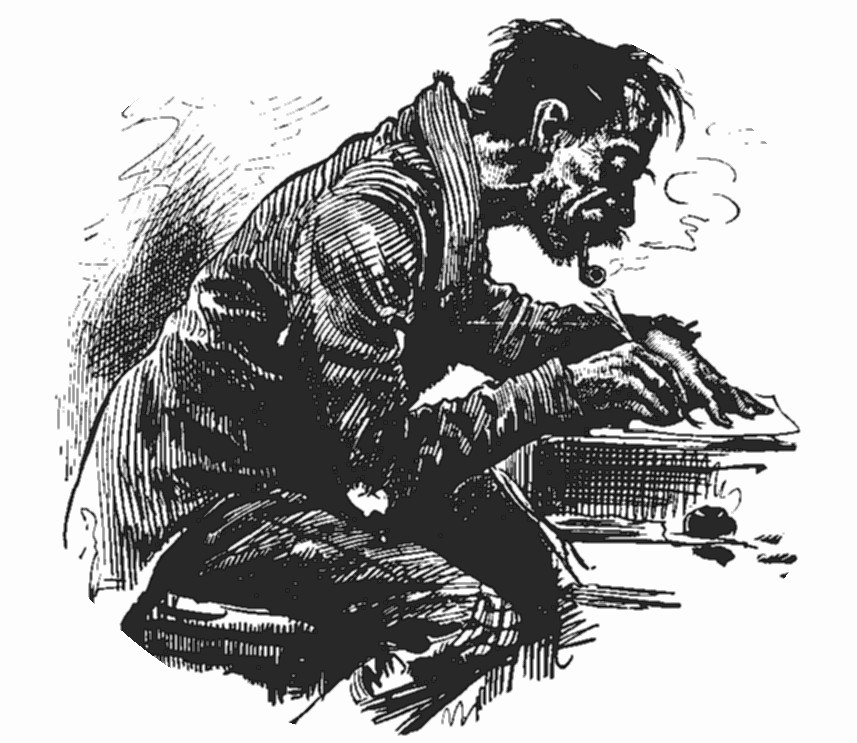My
last days in Lyon are a good place to start, let’s just say, I’d not do them
over. The city itself is beautiful, certainly if you are looking for a city
break and some inspiration, it’s the place to go; however, as the seasoned
traveller knows, it’s not the place alone that is important, the people make
the place. I left behind a lot of fond memories and some good Friends in
France, and I’m sure it will not be the last I hear of them. The last night I
spent in Lyon was passed with an amazing friend was passed out on the town and
watching videos until sunrise, then messing around in a small park with a
panoramic of the city at sunrise. Nothing I’ve done so far could beat that.
I
took the train to Paris, it was both an unpleasant ride and less than welcoming
day, but I visited the
Pokémon centre under strict orders from my sister, so
after waiting in the rain, witnessing a crash and a guy being hit by a taxi, I
finally got in. The wait wasn’t completely unpleasant, there were many friendly
people there, and having the language I felt right at home conversing with
other fans, swapping and changing 3DS friend codes and stories. The rest of my
trip consisted of accumulating my other best friends and visiting the main
attractions of Paris, I met a fun chap from London on my second day, visiting
the Eiffel Tower on foot, and by chance, the house of Japanese culture, which
was exhibiting a great display of Evangelion swords and drawings. Sadly,
although we tried, we didn’t have time to see everything. My final night was
fabulous, having both of my best friends together for the first time and going out
for a gorgeous meal and seeing the Eiffel tower all lit up.
I
was pleased to watch ‘A Young Doctor’s Notebook and other stories’ after such a
long wait, which turned out to be well worth it. I’ve recently gotten my hands
on a few pieces written by Mikhail Bulgakov, after hearing Daniel Radcliffe
praise his works in an interview that I watched, I knew it was something I had
to read. When I find time to read, you can count on a review from me, I
certainly hope and expect not to be disappointed by this author.
So
the next question, is this young author writing? Yes, he, or rather, yes I am.
Editing is a slow process, but it’s getting there, I’ve also tried
collaborating on a new project with a friend of mine, though it’s still too
early to say if we will have any success at this point.
Finally,
back to reality, I have a new computer on the way, it’s not my dream one, but
it cost enough that I’m satisfied that it’s going to last me for another half a
decade at least. I also hope that with this and my new, very reliable phone,
that I’ll be ready to tackle marketing at last, something which I still have
very little idea how to do. Sitting around with a coffee in one hand, two
language on either arm of the chair and a laptop where it should be, let’s see
if I can dig my way into public knowledge, rather than be underfoot. Remember
to support your new writers, £5 for my book will support me while writing my
next one and while studying at university!
Until next time, read, write, live.
My usual hideaways
My book is now available to order at














